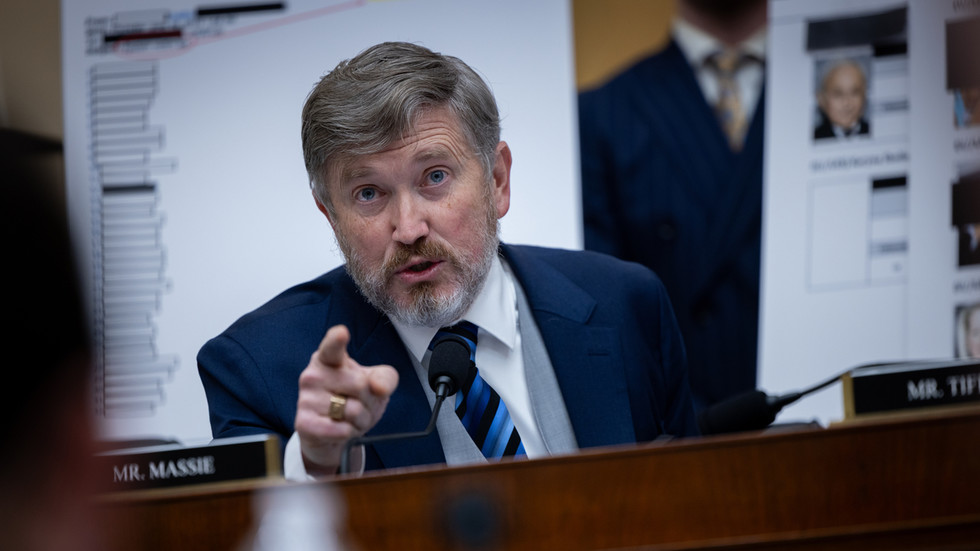Global stock markets retreated Tuesday as optimism over recent U.S. trade agreements with the European Union and Japan gave way to renewed concerns about lingering tariff pressures and their economic ripple effects. Investors shifted focus to upcoming corporate earnings, critical economic data, and signals from the Federal Reserve’s policy meeting, while geopolitical tensions added further uncertainty.
The weekend’s U.S.-EU trade pact, following a similar deal with Japan, initially eased fears of escalating tariffs. However, analysts noted that President Donald Trump’s new 15% levies on imports from both regions – which exempt U.S. goods – remain substantially higher than pre-negotiation levels. Auto sector anxieties persisted, with Stephen Innes of SPI Asset Management cautioning that “the 15% blanket levy may have helped markets sidestep a cliff, but it’s no free pass.” He emphasized that the average effective U.S. tariff rate now stands at 18.2%, maintaining “significant barriers to global trade.”
Ray Attrill of National Australia Bank underscored broader economic concerns, stating that markets quickly realized the EU deal represents “bad news in absolute terms” for eurozone growth prospects through 2025. Meanwhile, attention turned to ongoing U.S. trade discussions with India and South Korea, keeping regional markets on edge.
Asian equities mirrored the cautious mood, with Tokyo’s Nikkei 225 falling 0.9% and Hong Kong’s Hang Seng dropping 1.1% by midday. While Wall Street’s S&P 500 and Nasdaq eked out record closes, the Dow Jones dipped 0.1%, reflecting investor hesitancy ahead of earnings reports from tech giants including Apple, Microsoft, Meta, and Amazon.
Currency markets saw the euro struggling at $1.1592 amid eurozone growth worries, while the yen weakened slightly against the dollar. Oil prices held most gains after rallying Monday, when President Trump threatened sanctions on countries purchasing Russian crude unless Moscow ends its war in Ukraine by August 7-9. Brent crude hovered at $70.11 per barrel.
All eyes now turn to the Federal Reserve’s policy decision, with markets anticipating unchanged interest rates despite President Trump’s calls for cuts amid stubborn inflation. Analysts will scrutinize Chair Jerome Powell’s remarks for insights into how tariffs and growth concerns might shape monetary policy through 2024. Concurrently, U.S.-China trade negotiators in Stockholm concluded preliminary talks quietly, with hopes for extending a tariff truce set to expire August 12.
Critical U.S. jobs and GDP data later this week, combined with high-stakes corporate earnings, are expected to determine near-term market direction as investors weigh persistent trade risks against economic resilience.



